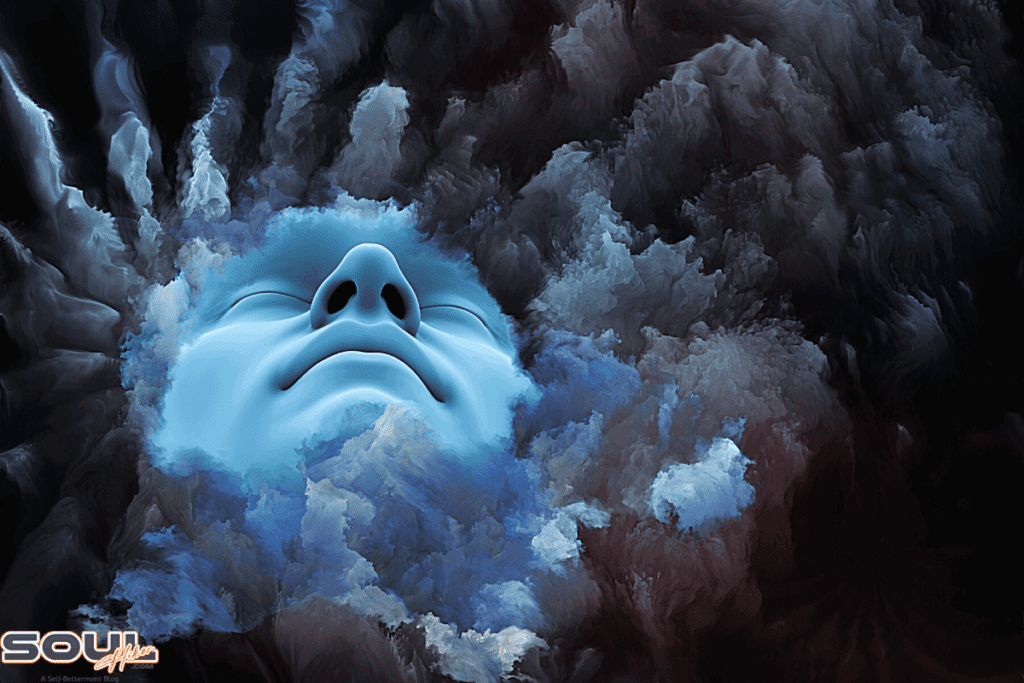Ever wake up in a cold sweat after dreaming of someone close to you dying? It’s a nightmare that’s hard to shake off. But don’t worry, these dreams often don’t predict the literal future; they’re symbolic, steeped in metaphor, and can reveal more about your subconscious than you might think.
Dreams about death, especially involving someone who’s still alive, can be unsettling, but before you panic, remember that dreams are not reality. In fact, understanding their meaning can offer profound insights into your life and relationships.
Table of Contents
Understanding Dreams
Further exploration of dreams and understanding these enigmatic encounters is key. While dreams can sometimes bewilder, with their peculiar scenarios and emotional resonance, they’re a profound testament to your subconscious mind’s activity.
Importance of Dreams
You shouldn’t underestimate the value of dreams. At night, when you’re at rest, your mind is actively processing information, emotions, and experiences gathered throughout your waking hours. Just as your body needs rest to heal and recharge, your mind uses dream time to unpack, sort, and make sense of the day’s events.
Dreams might seem random, but they’re anything but. They’re thoughtfully designed projections, personal to you, expressing your fears, hopes, and feelings. They can provide insights for self-awareness, guidance for problems, and even inspiration for creativity.
Common Dream Symbols

In attempts to decode the dream language, the world of dream interpretation brings you an array of recurring symbols, archetypes, and scenarios.
Consider these common examples:
- Water is often symbolic of emotions and the state of your unconscious mind.
- If you’re flying in your dream, it usually implies you’re looking to break free from certain restrictions or burdens.
- Dreaming of death generally symbolizes transformation, signifying endings and beginnings in your life.
Interpreting Dreams
The process of dream interpretation is personal and varies from one individual to another. The symbols in your dreams reflect your unique experiences, thoughts, and emotions. So, when you dream of someone close to you dying, it’s often a potent symbol of change rather than an ill omen predicting actual death.
Unraveling the meaning of dreams requires self-reflection. When you dream of someone close to you dying, ask yourself what change or transformation they might symbolize in your life. Remember, dreams are a part of your subconscious mind’s narrative — respect and listen to them.
So, what might a dream about a loved one dying indicate? Let’s unravel this fascinating topic and give you an enlightened perspective on these emotionally charged dreams.
Dreaming of Someone Dying

Sometimes, your dreams can stun you. This is especially true when you dream of a loved one dying. Often, the question that arises after waking up is: what does it mean? You’re not alone in this experience. In fact, dreams about someone dying are pretty common.
Emotional Impact of Death Dreams
Your emotional reaction to such dreams can tell you a lot about what’s going on in your subconscious. If you feel a profound sense of grief, for instance, it could point to unresolved issues or feelings of insecurity. When you experience a sense of relief, it might mean you’re ready for significant changes in your life.
Possible Meanings
Dreams of death, especially involving loved ones, can be distressing. Yet, it’s important to remember they are symbolic and not literal predictions. Death in dreams often signifies transformation, change, or the end of something.
So, when someone you care about dies in your dream, it may reflect an element of your relationship with them is shifting. And while symbolism is important, another key aspect of dream interpretation is understanding that your dreams are personal to you.
If a loved one’s death mirrors an actual fear of losing that person, your dream might be highlighting your anxiety.
Dream Symbol Interpretation Table
| Dream Symbol | Common Interpretation |
|---|---|
| Death | Change, Transformation, End |
| Loved One | Relationships, Connection |
Seeking Emotional Support
Given the intense emotional nature of these dreams, reaching out for support is essential. Talking with friends, family, or a professional can provide comfort, normalize the experience, and aid in understanding. Seeking advice from a dream professional could also help decode the caverns of your subconscious.
Exploring your dreams can lead to profound personal insights. Remember, your dreams are a vitally important part of you, as they’re your subconscious mind’s language. Use them as a door to better understand your fears, hopes, changes, and relationships.
The Power of Death Dreams
Dreaming about someone dying who’s still alive can be unsettling, yet it’s a common experience. These dreams aren’t predictions or prophecies but symbolic narratives reflecting your emotional landscape. They often point to changes, endings, or transformations in your life or relationships.
It’s your subconscious mind’s way of processing emotions, fears, hopes, and shifts in dynamics. Remember, it’s okay to seek emotional support or professional help to decode these dreams. Unraveling their meaning can offer profound insights and lead to a better understanding of your inner world.
So, the next time you wake up from such a dream, don’t panic. Instead, take a moment to reflect on its potential significance. It might just be a catalyst for personal growth and self-awareness.
Frequently Asked Questions
Are dreams about death common?
Yes, dreams about death are quite common and can result in strong emotional reactions.
What emotional response can death dreams reveal?
The emotional response to death dreams can reveal underlying issues in our lives or indicate that we may be ready for change.
Is professional help recommended for interpreting death dreams?
Yes, seeking emotional support and professional guidance is recommended to decode the potential subconscious messages in these dreams. This can help lead to personal insights and a better understanding of our fears, hopes, and relationships.
